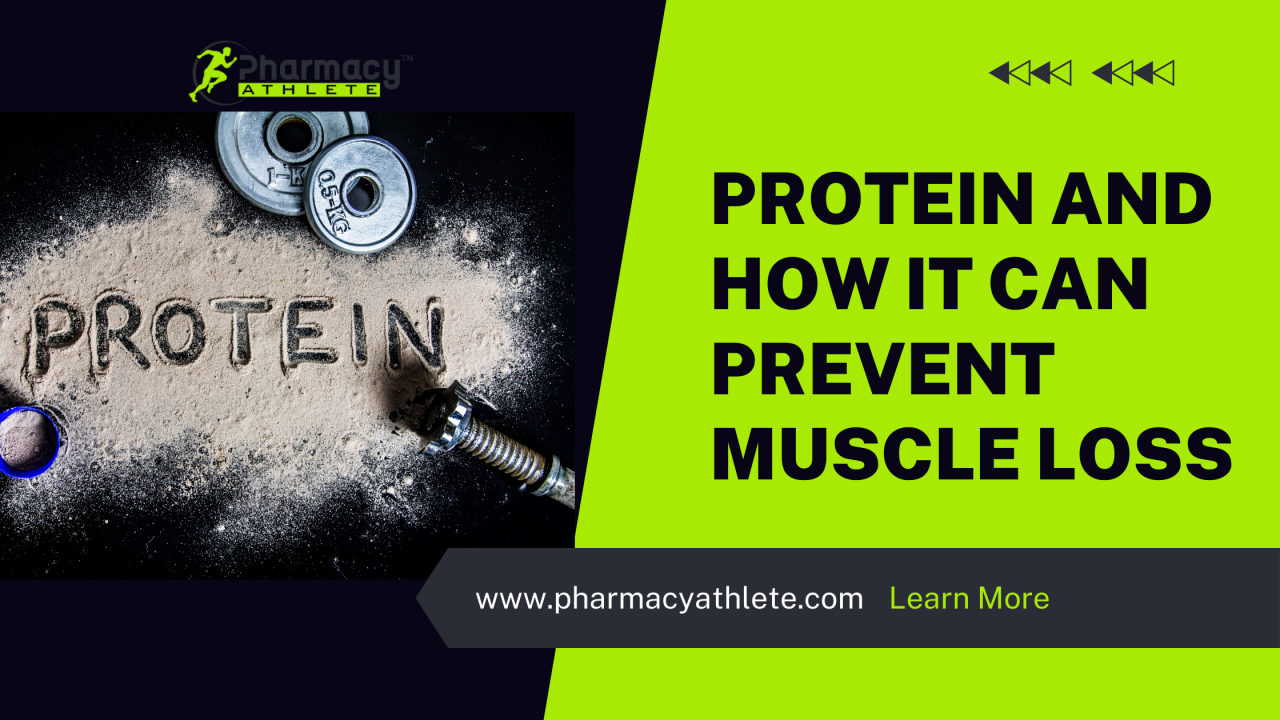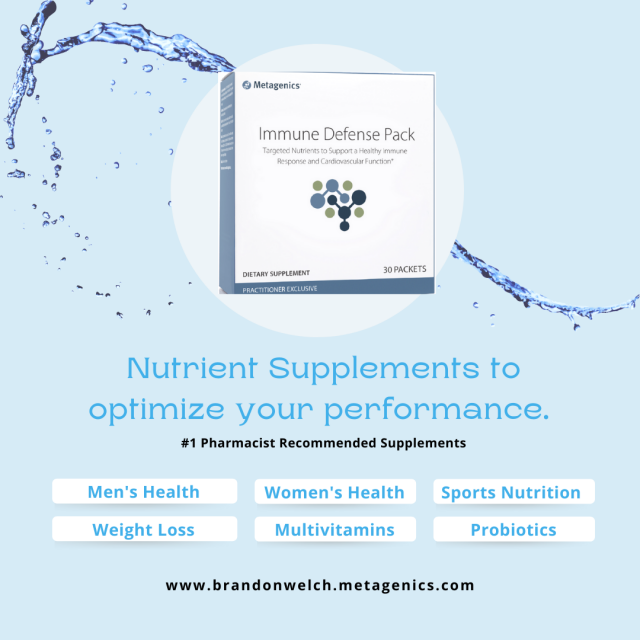How Protein Can Prevent Muscle Loss
Keeping your protein intake sufficient even during rest days is crucial for your recovery, muscle growth, and performance. Refueling your muscles during inactivity is a must and is backed by science.
You might think that less training means less protein intake. Or on your inactive days protein supplement is not necessary. But you got it all wrong. You need as much protein in your diet on non-workout days for your muscles to rest and repair.
Those who stay active and who train demand high protein ingestion but that does not mean your body does not require protein when you cannot train, are injured, idle, or caught up with life obligations. When you are training less (volume or intensity-wise) or too lazy to do your routine, you should not ignore your protein intake.
This is not just my opinion, but science proves it. Multiple research and studies show that protein intake is vital for inactive to prevent muscle loss. I will discuss those studies in detail to give you insights to save your hard-earned muscle mass.
Prevent Muscle Degeneration through High Protein Consumption
The first study is from Nutrition Reviews published in April 2013 which primarily discusses that muscle inactivity can lead to muscle loss. This has been long established that more than 10 days of muscle disuse leads to decreased rates of MPS or Muscle Protein Synthesis.
Researchers found that regular and adequate protein intake during periods of disuse reduces muscle atrophy. Keeping high protein consumption is critical to prevent muscle loss when you are slacking on your workout routines or training on less volume, or intensity. Doing so protects what you worked hard for – your muscle mass.
The study also recommends that supplementation of dietary protein and/or essential amino acids is also beneficial to further aid in muscle loss prevention. Such suggestion is not only a good strategy for muscle mass preservation but also to aid in healthy aging.
This study from the Academic Journal of Nutrition Reviews agrees with what I have been consistently saying for years that regardless if you are training religiously or not, you must nourish your body daily with at least 1 gram to 1.5 grams per pound of body weight.
And there is no easier way of doing this but by taking protein supplements through protein shakes or protein powder. Although the recommended daily protein requirement can be obtained from food like eggs and chicken breasts, this means a whole lot of eggs and chickens.
But with my Pro Bran powdered protein, you get to enjoy its optimal benefits through its perfect mix of whey, casein, and egg proteins. With this combination, you will maximize muscle protein synthesis and preserve your muscle mass.
Now, for further information and better understanding on the importance of protein supplement and how it aids in muscle protein synthesis, you read the article here: Protein Powder for Muscle Gains.
And for your essential amino acids needs, Pre Bran and Post Bran both have critical amino acids like taurine, BCAAs, and beta-alanine.
Preserve Your Muscle Mass with Protein and Leucine
As I have said, I will break down several studies and here talks about the one posted in ANNALS of the New York Academy of Sciences in August 2014. The subjects were inactive older adults who lose a significant amount of muscles during inactivity.
The study found out that protein intake of at least 30 grams of protein and 3 grams of leucine promote muscle building in healthy older adults. These recommended dosages are also considered as a nutritional remedy to improve muscle protein balance and a solution for skeletal muscle maintenance.
Among the 3 essential amino acids, leucine is the most anabolic which is in my Pro BRAN and Post BRAN products.
The research also mentioned that Omega-3 derived from fish oil and creatine also aid in muscle loss prevention during periods of inactivity. And the most convenient way to get an ample dose of creatine is through my Pre BRAN and Post BRAN while my Omega BRAN provides adequate amounts of Omega-3 fats.
Dietary Plan to Boost Protein Synthesis in Injured Athletes
We are now down to the third study which highlights injured athletes. This study was published in 2015 in the European Journal of Sport Science. The research involved young and highly trained subjects and then got idle due to injuries.
The study cites that dietary consumption is critical for stimulating muscle protein synthesis levels throughout the day. Evidence suggests that regular and sufficient protein ingestion (with the right type, time, and amount) restricts muscle mass degeneration while boosting strength during recovery.
Yes, protein helps in speedy recovery from injury, when you wanted a break from your workout program, too busy to squeeze in gym time, or basically training less.
What Brandon Has to Say
It is clear and simple: Keeping your protein ingestion high prevents muscle loss during inactivity/disuse.
Incorporate protein powder supplements in your daily diet of eggs, dairy, lean steak, and chicken breasts. I also highly recommend taking BCAAs or Branched-chain amino acids which are also found in my Pre BRAN, Post BRAN, or stand-alone BCAA product to further muscle protein synthesis.
Keep your muscle gains through high protein intake all the time. Protect what you have worked hard for.



